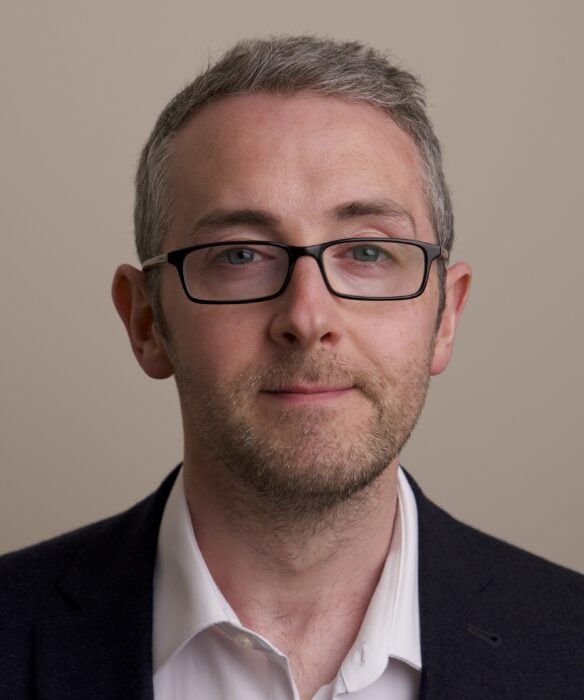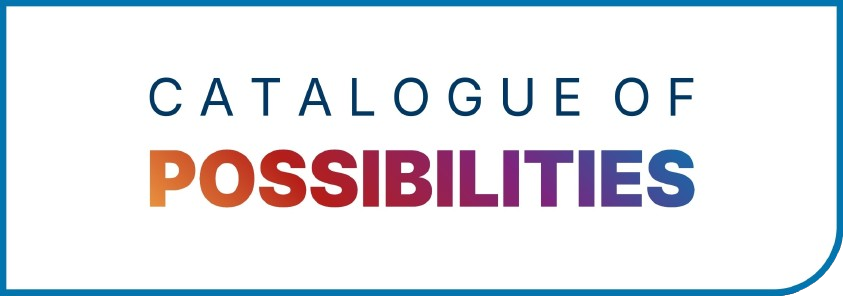Dr David Mahon he/him

Senior Lecturer
Strategic Research Areas
My research passion is in the field of cosmic ray muography – using natural radiation as a powerful and passive inspection probe to improve safety in a diversity of industries, including in nuclear decommissioning and transport infrastructure. I’ve helped to pioneer the academic and commercial research into this field over the last 15 years with a spinout (Lynkeos Technology) now leading the market for improving nuclear waste storage safety. My muography research team continues to push the boundaries of this technology to help overcome barriers to its widespread adoption in more industries, including efforts to make the technology cheaper (innovative detector materials), quicker to form images (using AI) and better resolution (also AI).
I’d like to form collaborations in computer science and engineering to help push the boundaries of this technology further. Interdisciplinary projects could include AI advances for improving interpretability of complex data, reducing the amount of data required to inform decisions and improve image quality. Data fusion is a huge research opportunity – combining muography information with other inspection modalities (e.g. ultrasonics, radar…) to extract information that is greater than the sum of its parts.
I’d love to supervise hardware and software projects and believe that having elements of both provide a well rounded experience for students. I am a very supportive supervisor and will always explore training opportunities for my students, encourage industry event participation and champion first author publications. I supervise one built infrastructure industry PhD student in AI development and second supervise two nuclear industry students. All three are pushing the boundaries in their fields and it is so rewarding to see and support this.
I support EDI as much as possible with a strong gender diversity in students supervised and championing support and sponsorship of events. I lead outreach initiatives designed to provide STEM opportunities to students in underrepresented rural communities and want to increase and improve my work in these areas.
I love thinking outside the box with my research and outreach ideas and currently have an Edinburgh Fringe Festival project due to launch in August 2025 making a muon musical instrument with a Scottish artist. I believe these eye (and ear) catching initiatives are important to help inspire the next generation and also to change public perceptions – in this case of the benefits of radiation within society.

